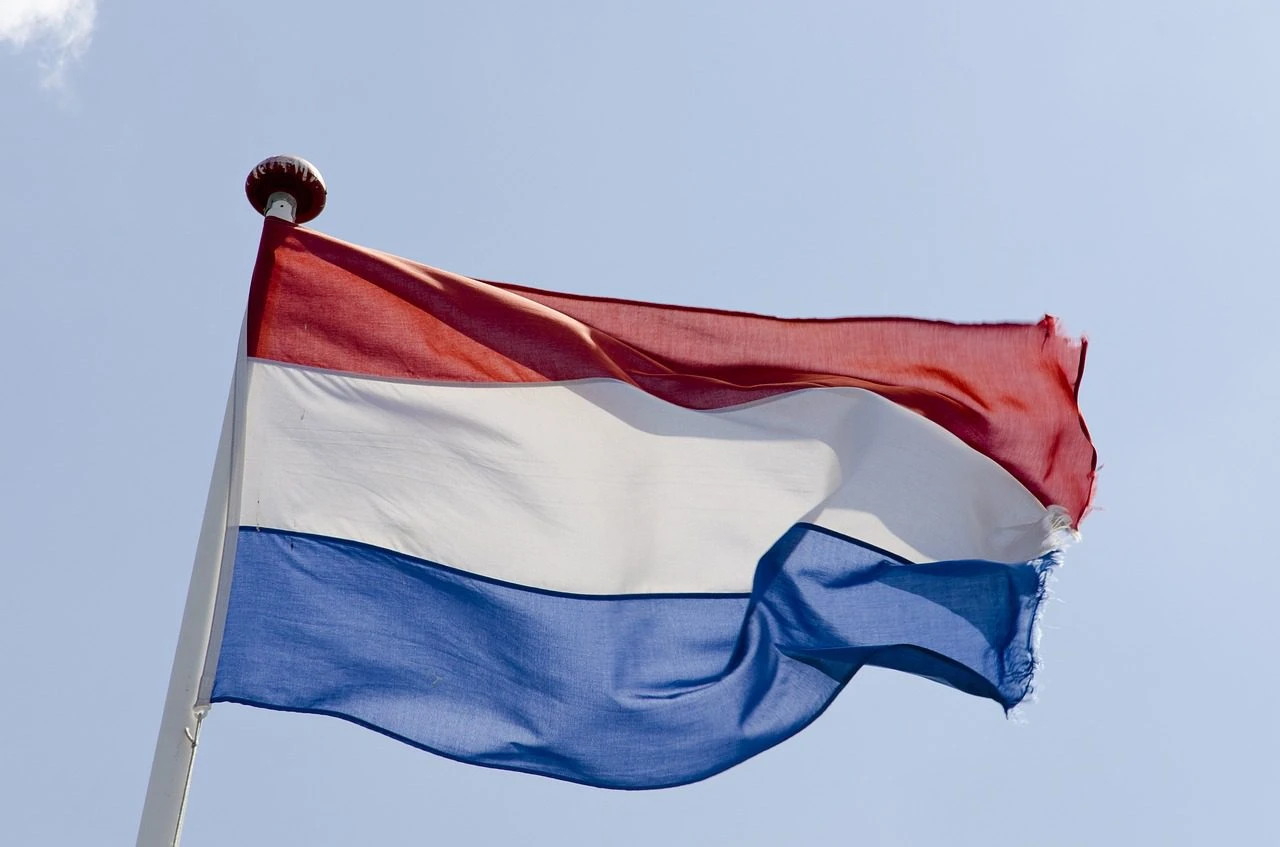Dutch regulator launches market-wide investigation into cashback bonuses

The KSA in November ordered all Dutch igaming licensees to stop offering cashback bonuses. It said the bonuses are covered by advert laws and therefore may not encourage “excessive” gambling.
Cashback offers allow customers to recoup some of their losses if their bet or wager does not win.
The regulator wrote to all licensees to remind them that they must comply with laws or risk being reprimanded. Operators were given until 5 December to halt any bonuses with some form of cashback offered to players.
However, the KSA says it was alerted to an operator breaching these rules last month. The regulator does not identify the operator in question but confirms it does hold a licence in the Netherlands.
The KSA said it took action after being notified about the cashback bonus and the operator immediately stopped the offer. No further details about the case have been revealed.
Cashback bonuses remain despite earlier warnings
In response to the breach, the KSA is starting an investigation to uncover and address any other operators offering these bonuses. The regulator says the project will cover the entire Dutch online gambling market.
“This breach showed that despite the earlier market-wide warning, licensees still appear to be working with cashback bonuses, the KSA said. “We have therefore started a market-wide investigation.
“In the Netherlands, bonuses are classed as an advertising activity. According to the law, adverts may not encourage immoderate gaming behaviour.
“It is our opinion that this is the case with cashback bonuses. They contribute to taking more risks and lowering the threshold for gambling, for example by playing with higher stakes or playing more often.”
Dutch expanded advertising ban comes into effect
The investigation comes in the wake of the Netherlands introducing a nationwide ban on untargeted gambling advertising. This came into effect from 1 July.
All television and radio adverts, as well as ads in public spaces, such as on billboards, are now banned. Advertising on the internet and television on demand is allowed under strict conditions.
Internet ads such as social media and targeted adverts are permitted if an operator can actively prevent these adverts from reaching young people under 24. Targeted ads at consumers in this age bracket is illegal in the Netherlands.
Operators must also show at least 95% of the advertising reached people who were 24 years or older. In addition, consumers must be given the chance to indicate that they do not want to see these adverts.
